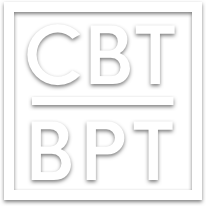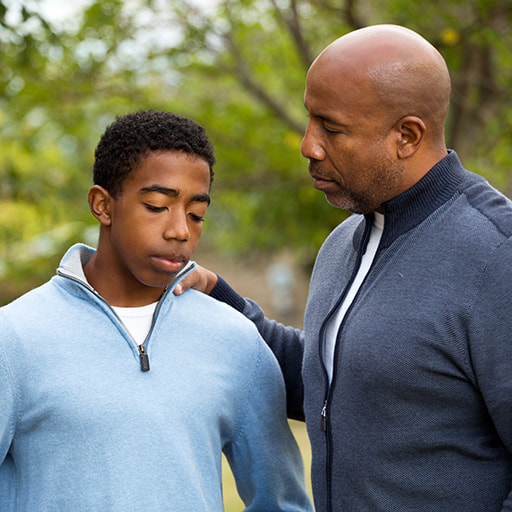Collaborative Proactive Solutions (CPS) is a research-based approach developed by Dr. Ross Greene. The CPS model is based on the premise that challenging behaviour occurs when the expectations being placed on a child/teen exceed their capacity to respond adaptively, and that some children/teens are lacking the skills to handle certain demands and expectations. So, the emphasis of the model isn’t on kids' challenging behaviour, which is– whether it’s whining, pouting, sulking, withdrawing, crying, screaming, swearing, hitting, spitting, biting, or worse –just the manner in which they are expressing the fact that there are expectations they’re having difficulty meeting. Nor does the model focus on psychiatric diagnoses, which are simply categories of challenging behaviours. Rather, the model focuses on identifying the skills the child/teen is lacking and the expectations they are having difficulty meeting (in the CPS model, those unmet expectations are referred to as unsolved problems). Then the goal is to help kids and caregivers solve those problems rather than trying to modify kids' behaviour through application of rewards and punishments. CPS is highly effective with young children all the way to use with emerging adults.
|
In the CPS model, the problem solving is of the collaborative and proactive variety. This is in contrast to many of the standard interventions that are commonly applied to kids, which are of the unilateral and emergent variety. The goal in CPS is to foster a collaborative partnership between adults and youth and to engage kids in solving the problems that affect their lives. As such, the CPS model is non-punitive and non-adversarial, decreases the likelihood of conflict, enhances relationships, improves communication, and helps youth and parents learn and display the skills on the more positive side of human nature: empathy, appreciating how one’s behaviour is affecting others, resolving disagreements in ways that do not involve conflict, taking another’s perspective, and honesty. |


